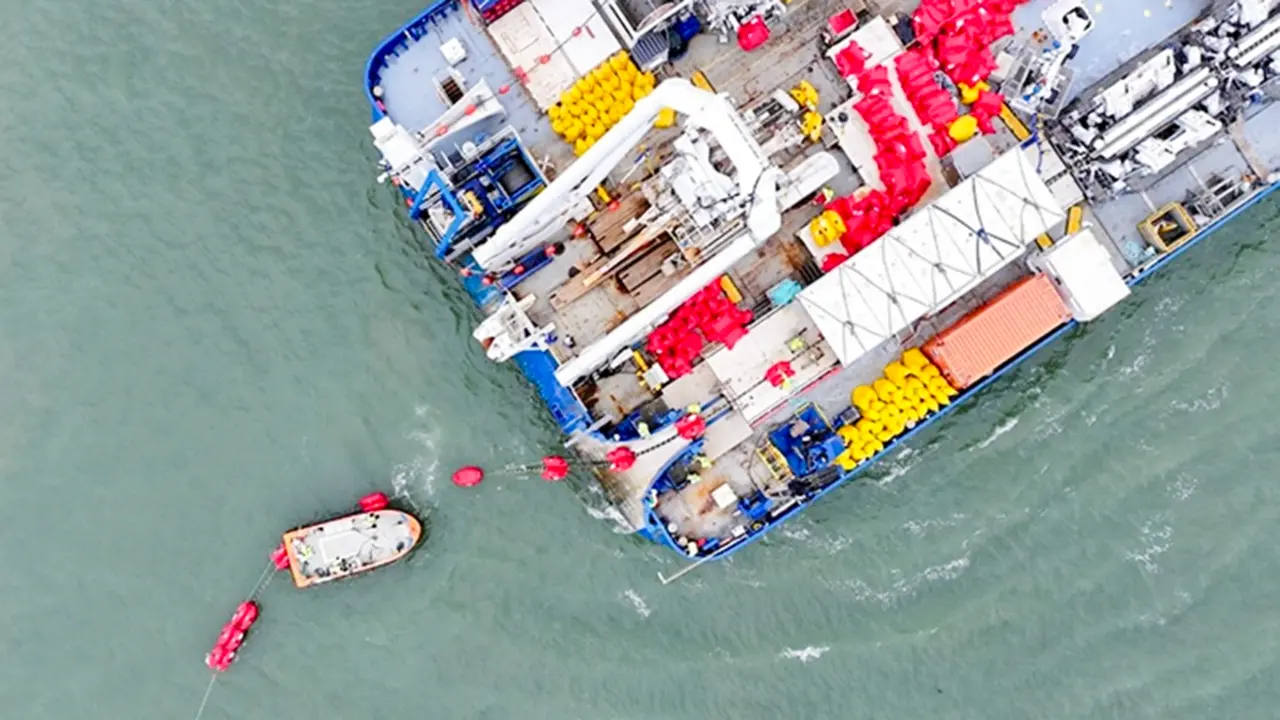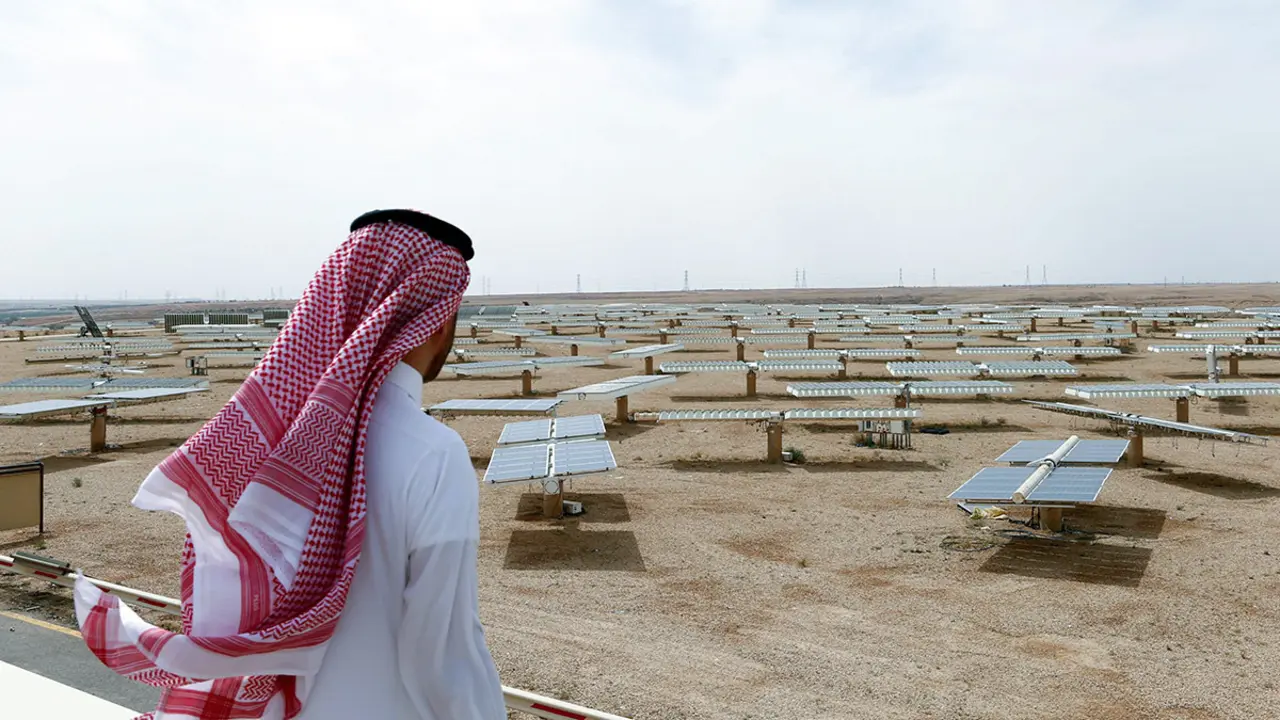Investment arrivals in Tunisia fell by 14.2% in the first six months of 2020
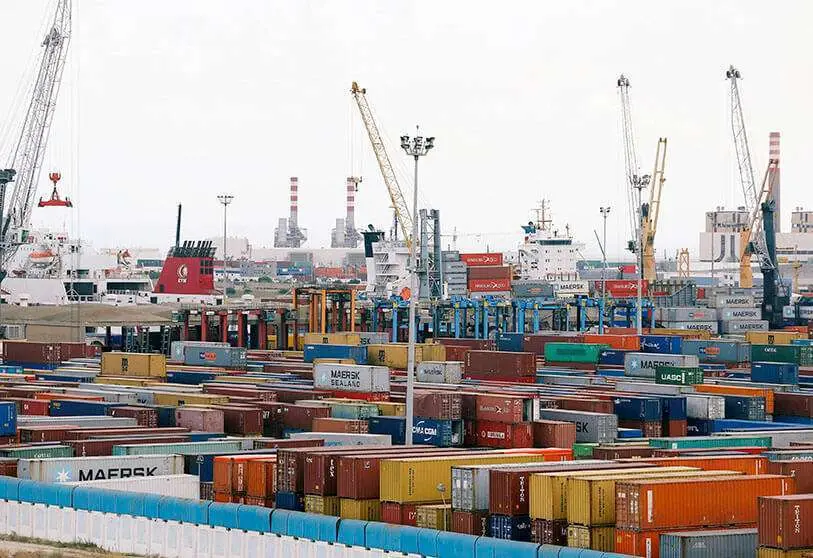
Foreign direct investment (FDI) inflows to Tunisia in the first half of 2020 fell by 14.2 percent compared to the same period last year to 1.1 billion Tunisian dinars, some 340 million euros, after falling by nearly 25 percent in the first three months of the year. According to Asharq Al-Awsat, this reduction confirms the downward trend observed in the last two years and was particularly significant in the case of the services sector, with an estimated fall of over 50%. The value of FDI in the industrial sector fell by 13.3% and that directed towards the energy sector by 9%, while agricultural investments experienced an increase of 18%.
For its part, the Tunisian Investment Authority (TIA) announced last month that by the end of July it had managed 34 investment projects, with an estimated amount of nearly 1.5 billion dinars, some 450 million euros, and 9,086 new jobs. A good part of these projects, 53%, were directed towards the industrial sector, which was also the one that generated the greatest number of jobs, 77%. The coronavirus pandemic has also had a strong impact on the evolution of the Tunisian economy and public finances. The country's GDP contracted by 21.6 per cent in the second quarter and the Confederation of Tunisian Industry, Commerce and Crafts has even called on the government to activate the state of emergency to save the economy.
Direct tax revenues fell by 11.4% in the first half of the year and those from VAT by 15.5%, while those from corporate taxes fell by 18.7% and those from customs duties by 12.9%.
In this situation of a clear decline in state resources, the government has been forced to resort to borrowing, which it hopes to support with its resources, with about 7.2 billion Tunisian dinars out of the 11.2 billion Tunisian dinars allocated in the Finance Act for this 2020.
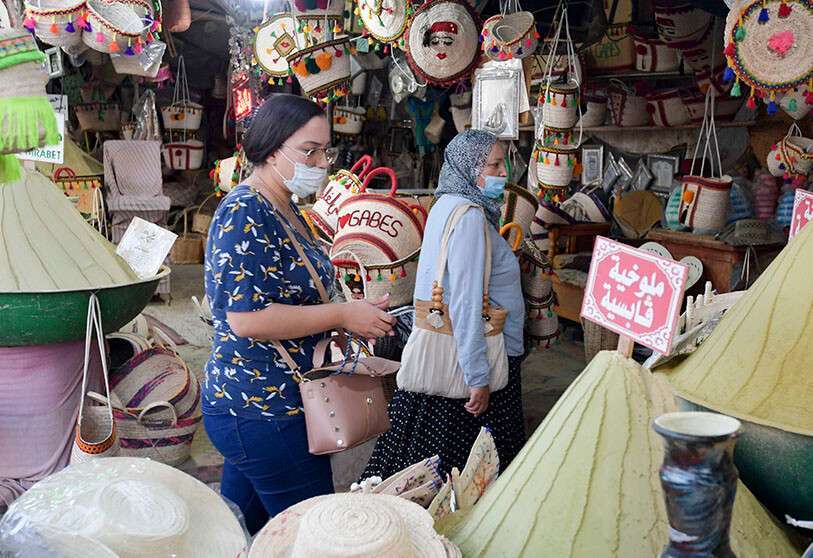
The latest data revealed by the Tunisian National Institute of Statistics reflects the serious slowdown experienced by the North African country's economy in the first three months of the year and the strong impact that the health crisis is having on its foreign trade. The fall in Tunisian exports during this period amounted to 13.5 percent, to a total of some $3.6 billion. Imports fell by 15.1 percent, with total foreign purchases amounting to a mere $4.8 billion.
The fall in exports affected practically all activities except mining and phosphates, while the drop in imports was particularly marked in the mechanical and electrical equipment sector, with a 20.7% drop, and in textiles, leather and clothing, where purchases were down by 17.2%. This downward trend is expected to continue and even to become more pronounced in the future if a return to the previous scenario is not achieved, particularly due to the strong interconnection that this North African country maintains with European countries, which account for nearly 70% of all its trade.
According to Asharq Al-Awsar, some experts, such as the former minister of the economy, Hakin Ben Hammouda, have already expressed their concern about a slowdown that will continue to hinder the growth expected in Tunisia in the second half of 2020.
This development will furthermore lead to an increase in unemployment of at least 158,000 people, in addition to the current 630,000 unemployed. According to the latest IMF forecast, the coronavirus crisis will lead to a 4.3 percent contraction in the Tunisian economy this year, the deepest recession since the country gained its independence in 1956.
The disease has particularly hit Tunisia's strategic tourism sector, which generates nearly 10 percent of the national GDP, but is also hampering performance in almost all activities, while liquidity, debt and investment indicators are worsening.
In this situation, the government is highly dependent on external official financing, which is estimated at 10-15% of its GDP. Indeed, at the beginning of April the IMF approved an emergency loan of $745 million to help Tunisia mitigate the impact of the pandemic.
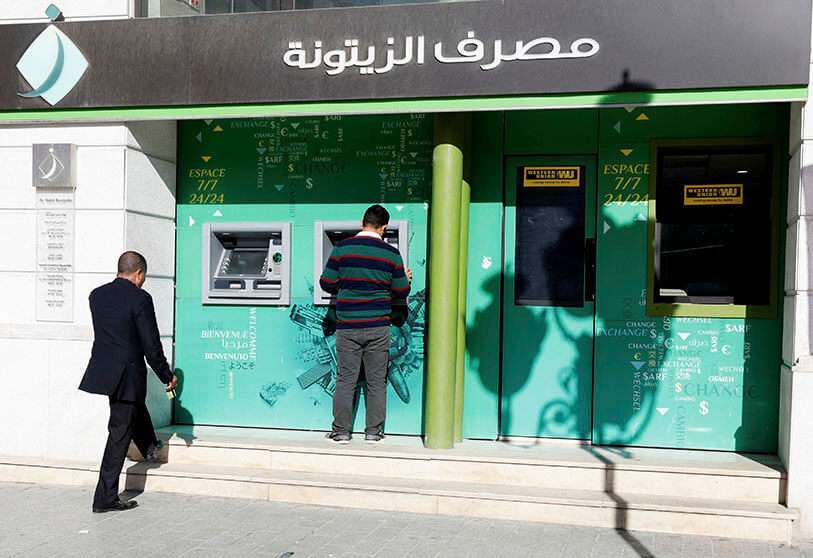
According to the African Manager, the European Commission has proposed allocating financial aid of EUR 600 million to Tunisia as part of the EUR 3 billion assistance package of the Team Europe strategy aimed at mitigating the consequences of the pandemic in 10 countries neighbouring the EU.
These funds would be available for 12 months in the form of concessional loans. The first disbursement could be made as soon as a first commitment is reached and the second delivery could take place at the end of this 2020.






